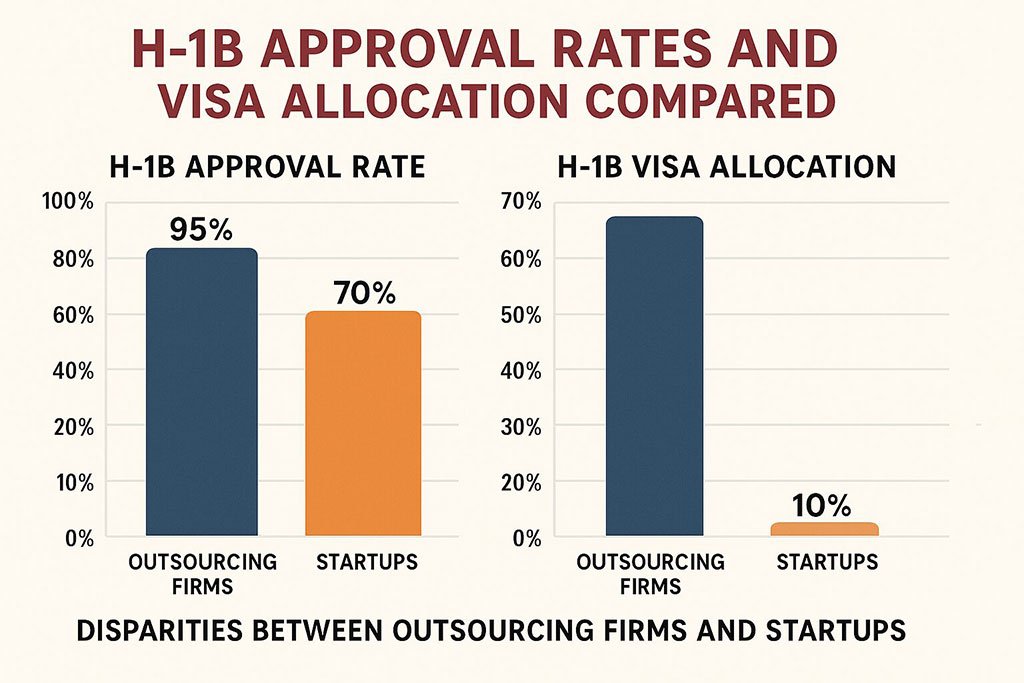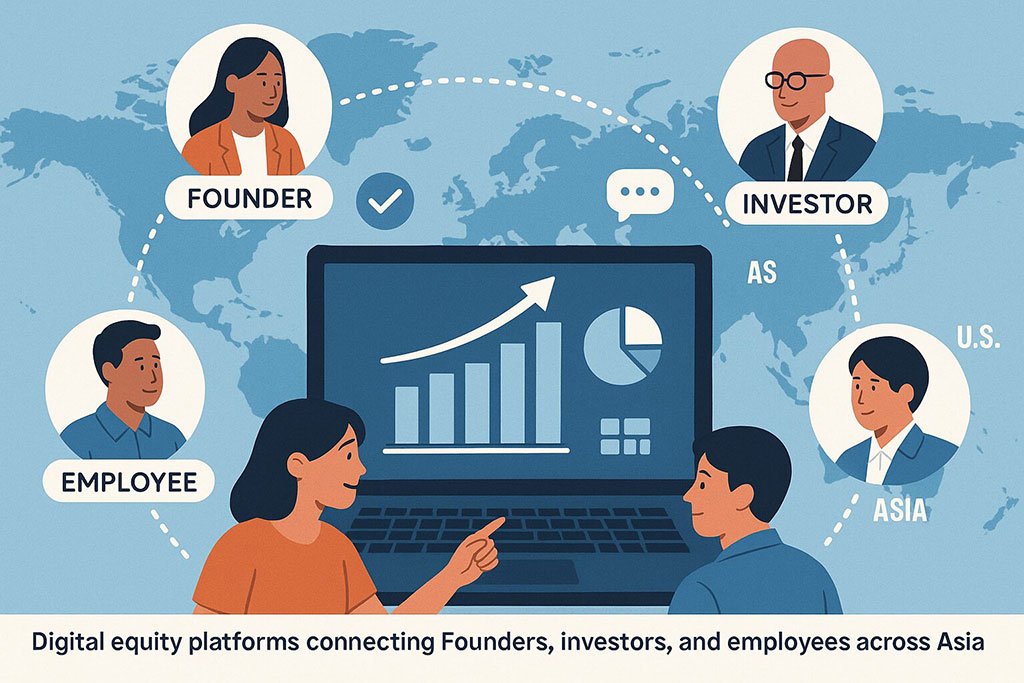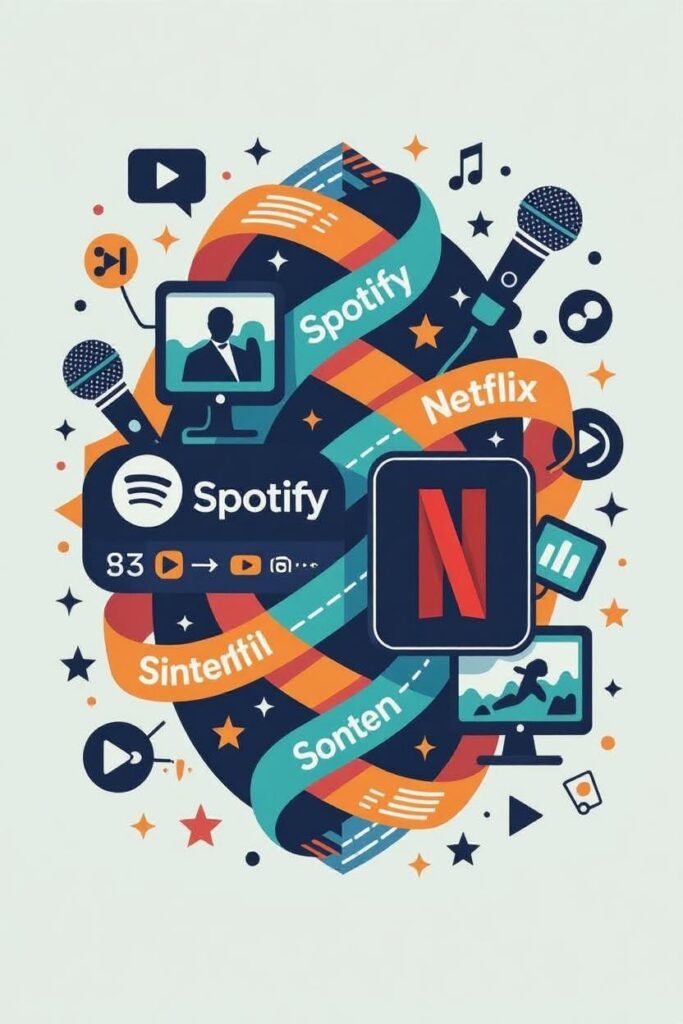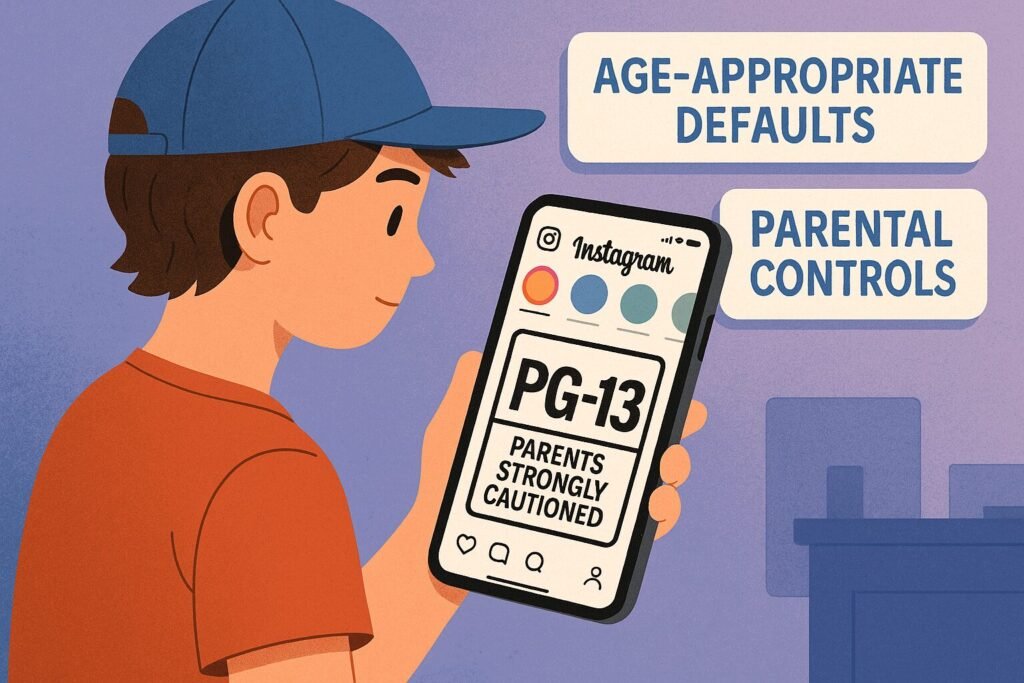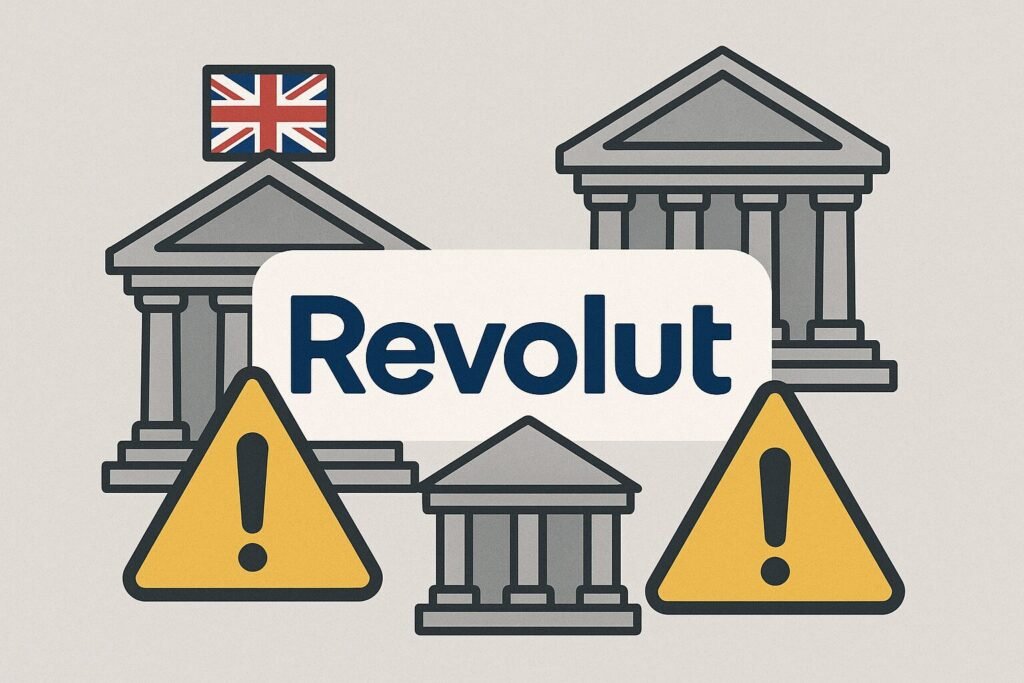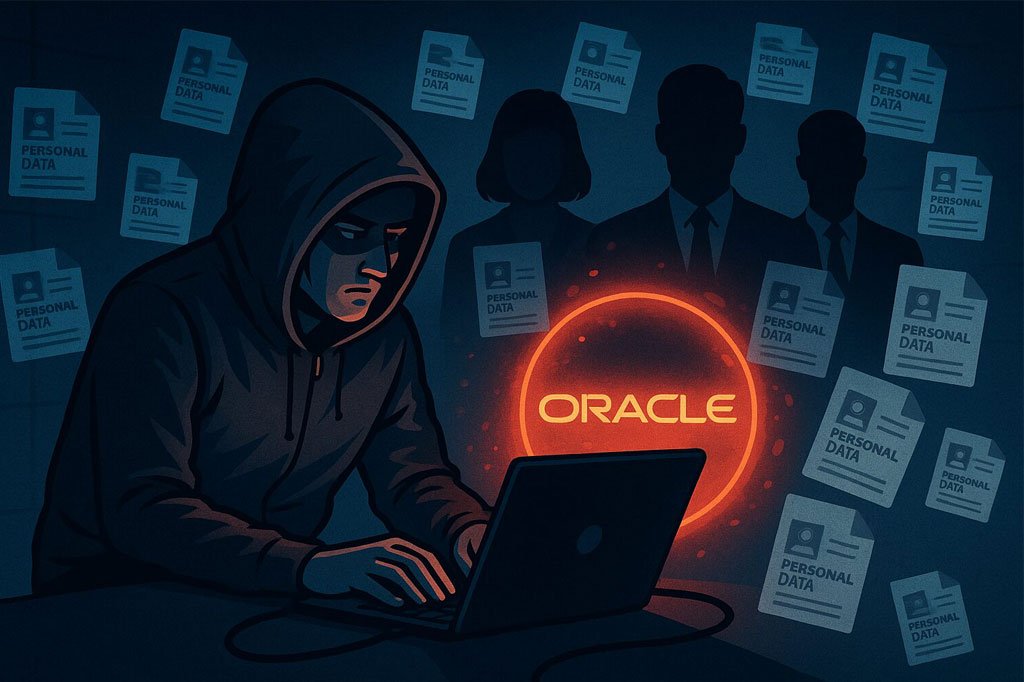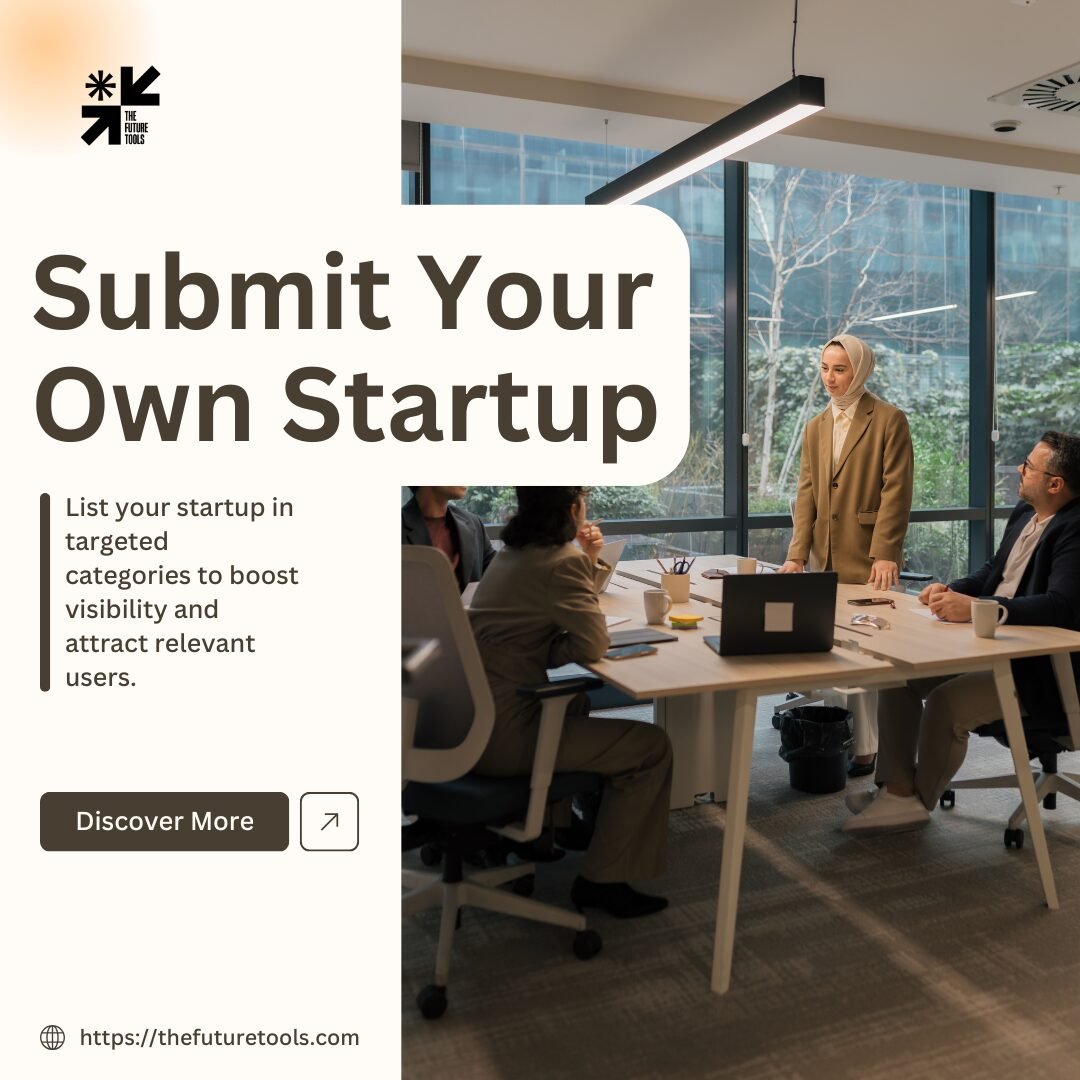Now Reading: Nick Clegg Calls Out Silicon Valley’s ‘Cloying Conformity’ in Rare Critique
-
01
Nick Clegg Calls Out Silicon Valley’s ‘Cloying Conformity’ in Rare Critique
Nick Clegg Calls Out Silicon Valley’s ‘Cloying Conformity’ in Rare Critique
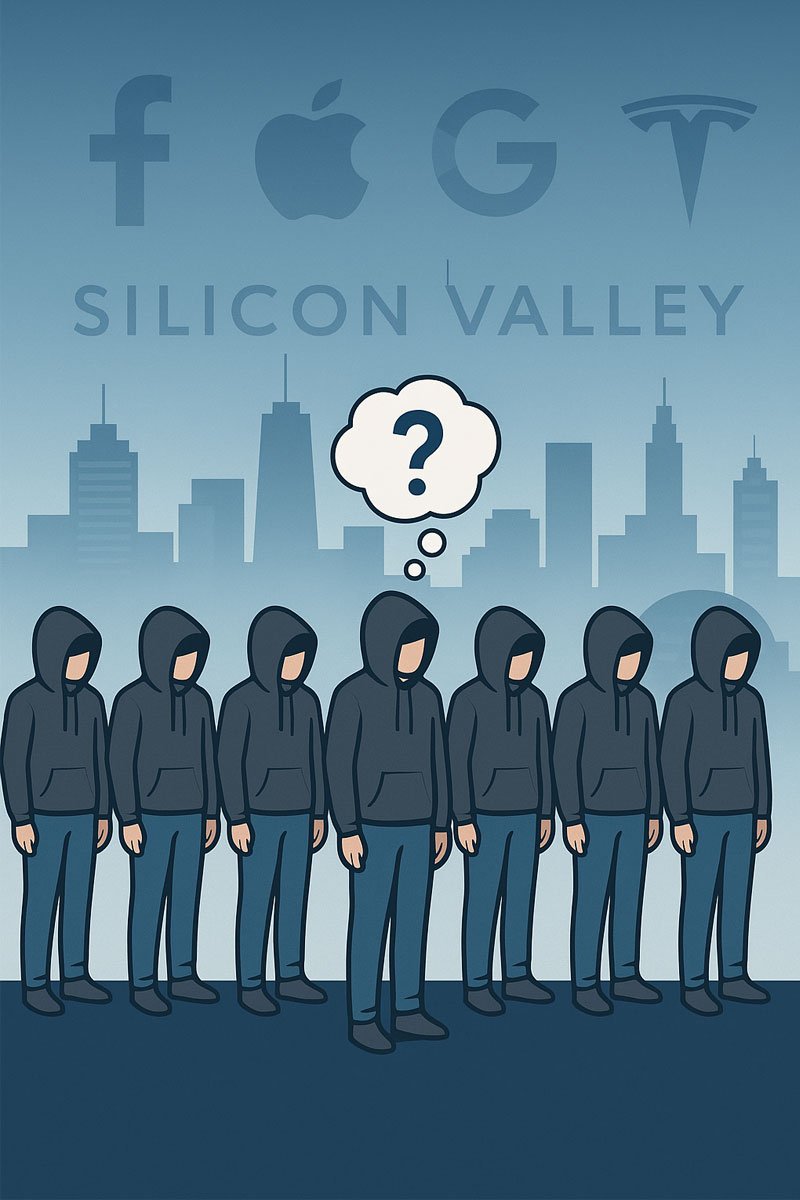
Nick Clegg’s Silicon Valley Critique
Nick Clegg, the former UK Deputy Prime Minister and Meta’s ex-president of global affairs, has recently made headlines with his sharp critique of Silicon Valley’s culture. In his upcoming book, How to Save the Internet, Clegg describes the tech hub as “cloyingly conformist,” highlighting a pervasive herd-like behavior that he believes stifles innovation and fosters a paradoxical sense of victimhood among its elite. This article explores Clegg’s observations, their implications for the tech industry, and the broader context of his departure from Meta.
Who is Nick Clegg?
Political Background
Before entering the tech world, Nick Clegg was a prominent figure in British politics. He served as the leader of the Liberal Democrats from 2007 to 2015 and as the UK’s Deputy Prime Minister from 2010 to 2015 in a coalition government with the Conservatives. His political career also included time as a Member of the European Parliament, giving him a deep understanding of policy and governance.
Transition to Tech
In 2018, Clegg joined Meta (then Facebook) as Vice President of Global Affairs, later becoming President of Global Affairs in 2022. His role involved navigating complex issues like content moderation, regulatory scrutiny, and global policy challenges, including the Cambridge Analytica scandal. Clegg’s tenure at Meta ended in January 2025, marking his return to London and the release of his candid reflections on Silicon Valley.
Silicon Valley’s ‘Cloying Conformity’
Herd-Like Behavior
Clegg’s central critique is that Silicon Valley, despite its reputation for disruption and innovation, is marked by a surprising degree of conformity. He notes that tech professionals often dress alike, drive similar cars, listen to the same podcasts, and follow identical trends. This “herd-like behavior” creates an echo chamber where dissenting voices struggle to be heard, limiting creativity and critical thinking.
Elite Victimhood
Another striking observation is the sense of victimhood among Silicon Valley’s wealthiest and most powerful figures. Clegg argues that many tech leaders, whom he describes as “hugely wealthy and macho men,” perceive themselves as oppressed when their privilege is challenged. This mindset, he suggests, stems from a culture unaccustomed to external critique, where equality can feel like oppression to those used to dominance.
Resistance to Innovation
Clegg contends that this conformist culture hampers true innovation. The homogeneity in thought—driven by similar educational backgrounds and ideological leanings—creates groupthink, making it difficult for new ideas to flourish. This insularity, he argues, contributed to Meta’s struggles with issues like misinformation and privacy during his time there.
Context of Clegg’s Critique
Culture Shock in Silicon Valley
Clegg’s transition from the political arenas of Westminster and Brussels to Silicon Valley was a culture shock. He describes the tech hub as remote from global power centers and overly focused on Chinese rivals, with little regard for European perspectives. Anecdotes from his book, such as an ill-received joke about not bringing one’s “authentic self” to work, highlight the rigidity of Silicon Valley’s workplace culture.
Departure from Meta
Clegg’s exit from Meta in early 2025 coincided with the company’s shift toward a more conservative, US-centric stance under his successor, Joel Kaplan, a figure with ties to the George W. Bush administration. This pivot, alongside Clegg’s financial gains—reportedly including nearly $19 million in Meta share sales—adds a layer of irony to his outsider perspective. His critique appears to stem from a newfound freedom to speak candidly, unburdened by corporate constraints.
Implications for Silicon Valley
A Call for Self-Reflection
Clegg’s remarks challenge Silicon Valley to confront its paradoxes. By labeling the tech hub as conformist, he urges industry leaders to foster diversity of thought and embrace external critique. His observations resonate with broader concerns about the tech industry’s influence, with studies indicating that 72% of Americans believe tech companies wield too much power.
Impact on Tech Regulation
As a former politician, Clegg advocates for a “new deal” between tech and politics, emphasizing the need for better collaboration to address issues like misinformation and privacy. His book suggests that Silicon Valley’s insularity has led to regulatory missteps, and his critique could influence ongoing debates about tech governance.
Shifting Dynamics
Clegg’s commentary comes at a time when tech giants like Meta, Amazon, and Apple are reportedly building ties with political figures, including the administration of Donald Trump in early 2025. This evolving relationship underscores the need for Silicon Valley to adapt to external pressures and diversify its perspectives.
Clegg’s Broader Reflections
Comparisons to Westminster
Interestingly, Clegg reserves his harshest criticism for Westminster, describing it as “the most insufferable” of the three professional worlds he’s inhabited (Brussels, Westminster, and Silicon Valley). He cites its reliance on past glories and unwarranted self-importance, suggesting that Silicon Valley’s issues, while significant, are not unique.
Future Aspirations
Clegg remains optimistic about the potential of technology, particularly social media, which he believes has enabled unprecedented global communication. He also expresses a desire to see the UK rejoin the European Union in his lifetime and hints at supporting his wife, Miriam González Durántez, in her political endeavors in Spain.
Nick Clegg’s critique of Silicon Valley’s “cloying conformity” offers a rare insider’s perspective on the tech industry’s cultural shortcomings. By highlighting its herd-like behavior, elite victimhood, and resistance to innovation, he challenges Silicon Valley to embrace diversity and self-reflection. As the tech world navigates a shifting political landscape, Clegg’s insights could spark meaningful discussions about its future direction. His book, How to Save the Internet, promises further revelations, positioning him as a key voice in the ongoing tech-policy dialogue.







